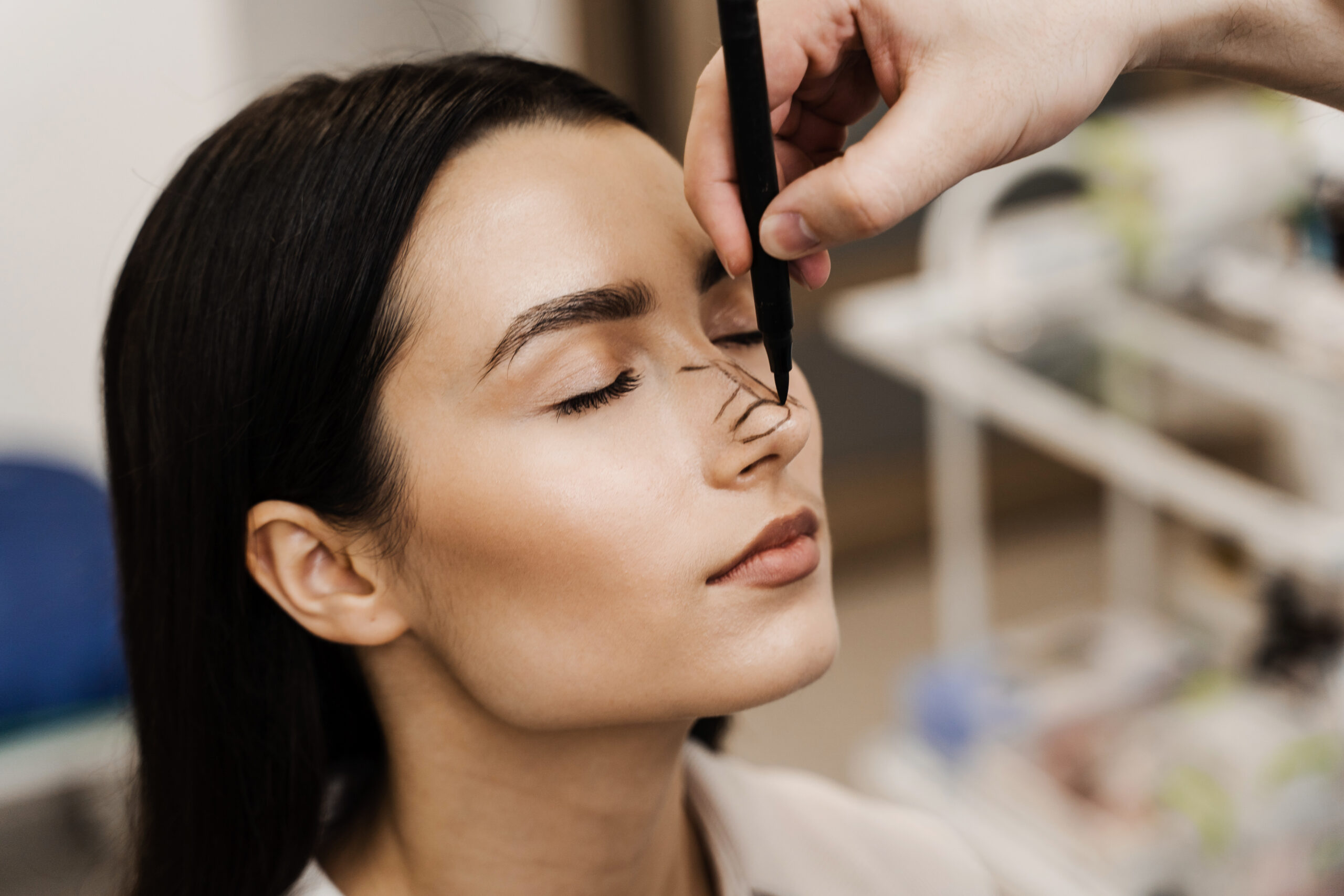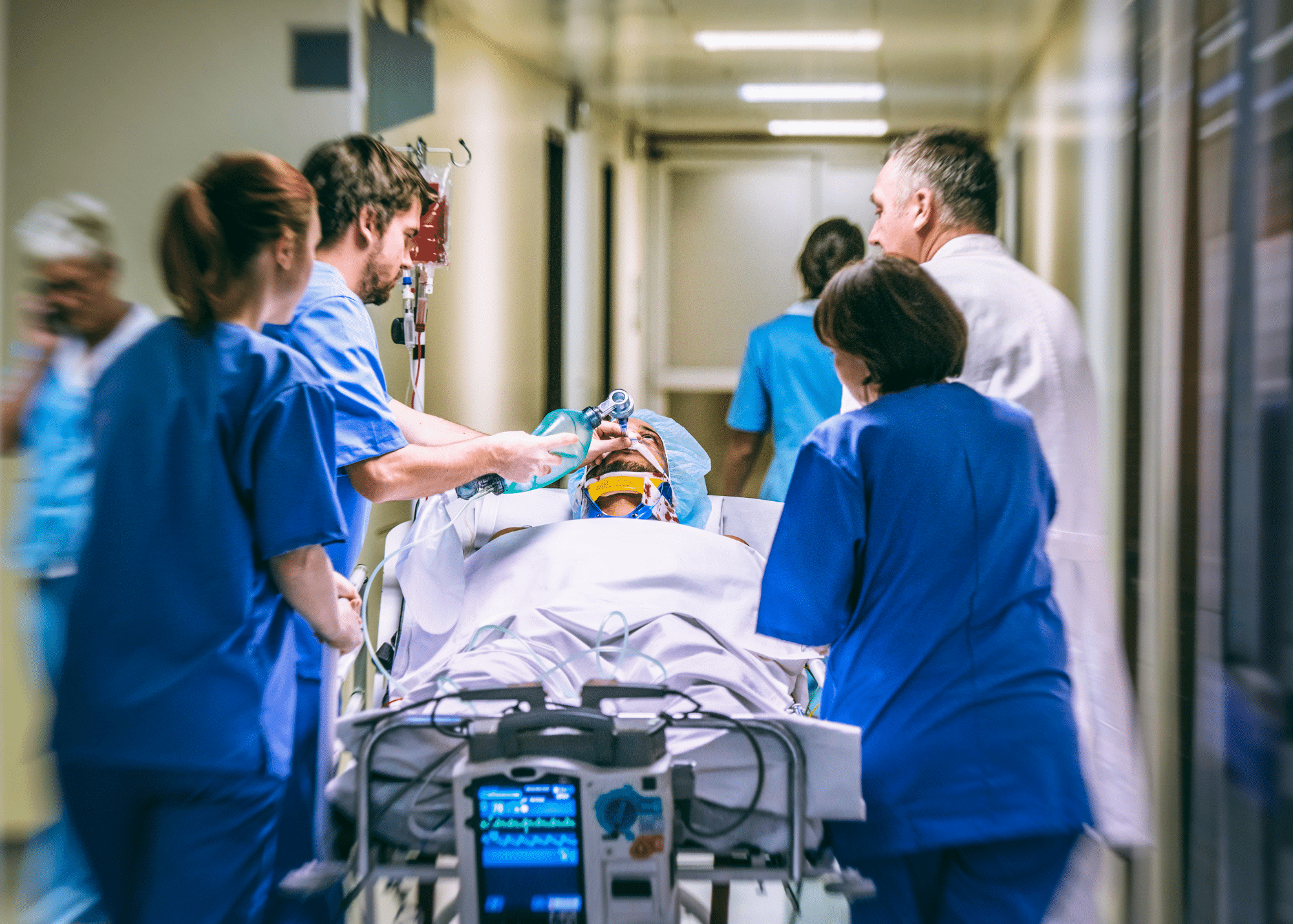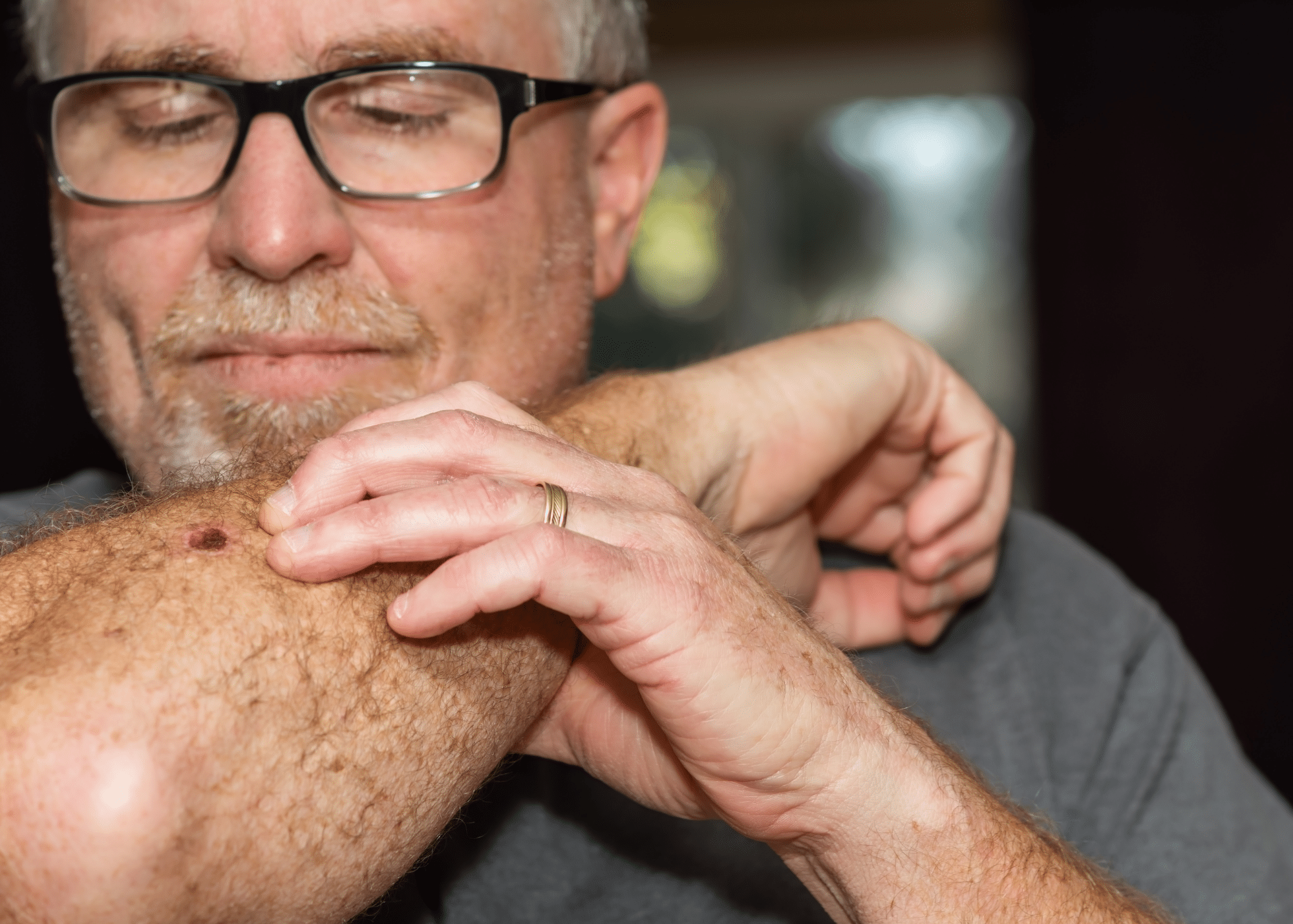
Rhinoplasty, commonly known as a nose job, is a popular cosmetic surgery procedure that can enhance the appearance and functionality of the nose. While many people consider rhinoplasty to achieve their desired aesthetic goals, the cost of the procedure is a significant factor to consider. Understanding the factors that impact rhinoplasty costs can help patients make informed decisions about their surgery.
According to the American Society of Plastic Surgeons, the cost of rhinoplasty in the United States typically ranges from $5,000 to $15,000 or more. However, it’s important to note that this is just a general estimate, and the actual cost can be higher or lower based on individual circumstances.
Here are a few factors that can influence rhinoplasty cost:
- Surgeon’s expertise and reputation: Highly experienced and well-known plastic surgeons may charge higher surgeon fees for rhinoplasties.
- Geographical location: The cost of living and demand for cosmetic surgery in your area can impact the price. Major metropolitan areas tend to have higher prices.
- Type of rhinoplasty: Open rhinoplasty, which is more complex, can cost more than closed rhinoplasty.
- Anesthesia and operating room fees: The type of anesthesia used and the facility where the surgery is performed can affect costs.
- Pre-operative and post-operative care: This includes consultations, medical tests, medications, post-surgery garments, and follow-up appointments.
- Revision rhinoplasty: If you need a revision to correct or improve the results of a previous surgery, it can be more expensive.
- Additional procedures: Combining rhinoplasty with other cosmetic procedures will increase the overall cost.
To get an accurate cost estimate for your specific case, it’s crucial to consult with board-certified plastic surgeons. They can evaluate your needs, discuss your goals, and provide a personalized quote based on your circumstances. While cost is a factor, choosing a qualified and experienced surgeon for your rhinoplasty is essential to achieve the best results and minimize the risk of complications.
Rhinoplasty Cost: Surgeon’s Fees
When considering rhinoplasty, it’s crucial to understand the financial aspects associated with this transformative procedure. The surgeon’s fee, a fundamental component of the overall cost, reflects the intricate nature of the surgery and the expertise required.
The primary factor influencing the cost of rhinoplasty is whether it’s a patient’s first surgery, a primary rhinoplasty, or a revision rhinoplasty. In cases where the initial surgery fails to achieve the desired results, a second procedure might be necessary. Revision rhinoplasties can be significantly more complex, particularly if they mark a patient’s third or fourth surgery. The intricacy of these procedures often increases with each subsequent surgery, affecting the overall cost. Harvesting additional cartilage from other body areas can contribute to the overall expense. In both primary and revision rhinoplasties, cartilage may need to be sourced from the patient’s ear(s) and/or rib, adding to the complexity and cost of the surgery.
The surgeon’s fee usually ranges between $6,000 and $10,000 for a primary cosmetic rhinoplasty. This fee not only accounts for the surgeon’s time but also supports the skilled employees and the smooth operation of the practice. Our plastic surgeons are specialists in their respective fields, with our facial plastic surgeons boasting decades of combined experience performing rhinoplasty procedures.
Revision cosmetic rhinoplasties are highly complex and may require more surgical time, leading to higher surgeon fees. The complexity of revision surgeries necessitates a higher fee due to the intricacies involved. Revision rhinoplasties often address cosmetic concerns and functional issues that may arise after a primary rhinoplasty.
Choose Your Surgeon Based on Expertise, Not Fees
While cost is an important factor, patients must exercise caution when choosing a board-certified plastic surgeon based solely on cost. The surgeon’s expertise and experience are paramount, ensuring the best possible outcome for the patient. Like any part of your body, your nose should never be considered a commodity subject to bargain pricing.
Understanding these factors gives patients a clearer insight into the costs associated with rhinoplasty. When investing in your appearance and well-being, choosing a skilled surgeon with a proven track record ensures a favorable financial investment and, more importantly, a successful and satisfying outcome.
Rhinoplasty Cost: Surgery Center Fee
At Northern Arizona SurgiCenter in Flagstaff, part of Plastic Surgeons of Northern Arizona, our rhinoplasty operating room (OR) fees range from $1,000 to $2,000. This fee ensures a safe, sterile environment for your nose surgery by covering essential supplies, surgical equipment, and expert staff support.
Operating for nearly 30 years, the Northern Arizona SurgiCenter is an accredited facility exceeding safety standards. Choosing a specialized ambulatory surgery center guarantees tailored, top-quality care, setting you to optimal rhinoplasty results.
Rhinoplasty Cost: Anesthesia Fees
Anesthesia plays a critical role in ensuring the comfort and safety of patients during rhinoplasty surgery. The cost of anesthesia is typically a separate component of the overall rhinoplasty expenses. Anesthesia fees can vary from $700 to $2,000 based on the type of anesthesia used and the duration of the procedure.
In most rhinoplasty procedures, patients have the option of either local anesthesia with sedation or general anesthesia. Local anesthesia with sedation is often less expensive as it involves numbing the surgical area while keeping the patient relaxed and comfortable. General anesthesia, on the other hand, renders the patient completely unconscious throughout the surgery, and it is typically associated with higher fees. The complexity and duration of the rhinoplasty surgery also influence anesthesia fees, with more intricate procedures often requiring a longer time under anesthesia.
Anesthesia professionals are dedicated to ensuring patient safety, comfort, and well-being during the surgical procedure. Their fees reflect their extensive training, experience, and commitment to delivering the highest standards of care. Patients can take comfort in knowing that these dedicated anesthesia providers work with the surgical team to create a secure and pain-free surgical environment. Before rhinoplasty surgery, a detailed discussion with the anesthesia provider and the surgeon is crucial to address any concerns, understand the specific anesthesia plan, and ensure the patient’s comfort and safety are paramount throughout the procedure.
Rhinoplasty Insurance Coverage
In most cases, health insurance does not cover the cost of elective rhinoplasty, performed for cosmetic reasons to improve the nose’s appearance. Cosmetic procedures are typically considered elective and are not considered medically necessary, so health insurance usually does not provide coverage for them.
However, there are situations in which insurance may cover a portion of the cost of rhinoplasty:
- Functional Issues: If you have structural issues with your nose that affect your breathing or overall health, such as a deviated septum, nasal valve collapse, or chronic sinus problems, insurance may cover the surgical correction of these functional problems. This is often referred to as functional rhinoplasty or septoplasty.
- Trauma: If you have suffered a nasal injury, such as a car accident or sports injury, and the rhinoplasty is necessary to restore proper function or aesthetics, insurance may cover some of the costs. This is typically considered reconstructive surgery.
- Congenital Deformities: In some cases, individuals may be born with congenital nasal deformities or abnormalities that affect their breathing or overall health. Insurance may cover surgery to correct these issues.
It’s essential to consult with your insurance provider and a qualified surgeon to determine whether your specific situation qualifies for insurance coverage. Even if a portion of the surgery is covered, you may still be responsible for certain costs, such as deductibles, copayments, or any cosmetic aspects that are not deemed medically necessary. Remember that cosmetic rhinoplasty, performed solely for aesthetic reasons, is typically not covered by insurance, and patients are responsible for the total cost of the procedure in such cases.
Book Your Rhinoplasty Consult With Arizona Board-Certified Plastic Surgeons
Book a consultation with one of our board-certified plastic surgeons to discuss your desired outcomes and treatment options.




